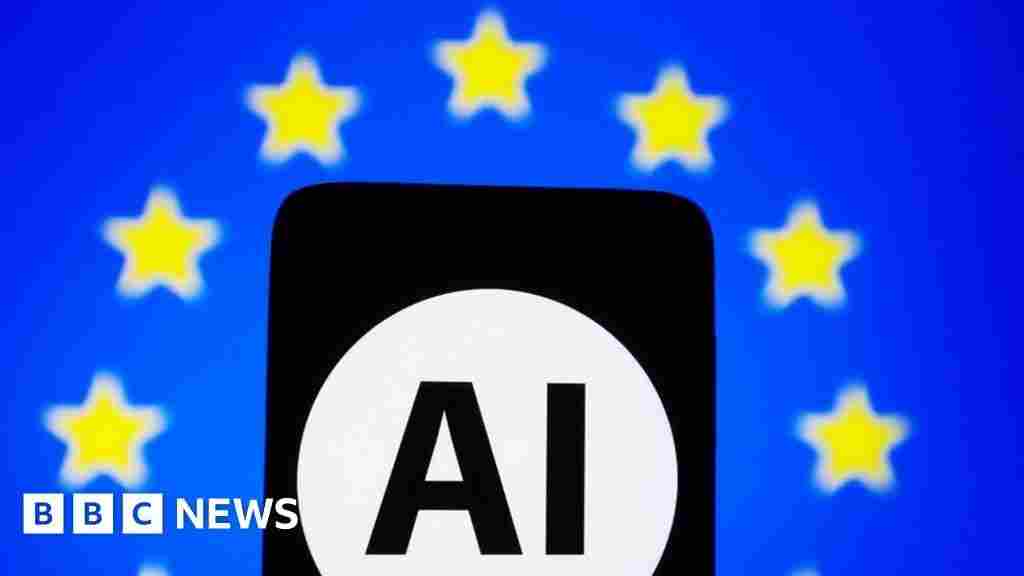
China already has introduced a patchwork of AI laws. In October 2023, US President Joe Biden announced an executive order requiring AI developers to share data with the government.
But the EU has now gone further.
…
“The EU AI Act is the world’s first and only set of binding requirements to mitigate AI risks,” she added.
…
The main idea of the law is to regulate AI based on its capacity to cause harm to society. The higher the risk, the stricter the rules.
AI applications that pose a “clear risk to fundamental rights” will be banned, for example some of those that involve the processing of biometric data.
AI systems considered “high-risk”, such as those used in critical infrastructure, education, healthcare, law enforcement, border management or elections, will have to comply with strict requirements.
Low-risk services, such as spam filters, will face the lightest regulation – the EU expects most services to fall into this category.
…
The Act also creates provisions to tackle risks posed by the systems underpinning generative AI tools and chatbots such as OpenAI’s ChatGPT.
These would require producers of some so-called general-purpose AI systems, that can be harnessed for a range of tasks, to be transparent about the material used to train their models and to comply with EU copyright law.
Source: bbc.com



